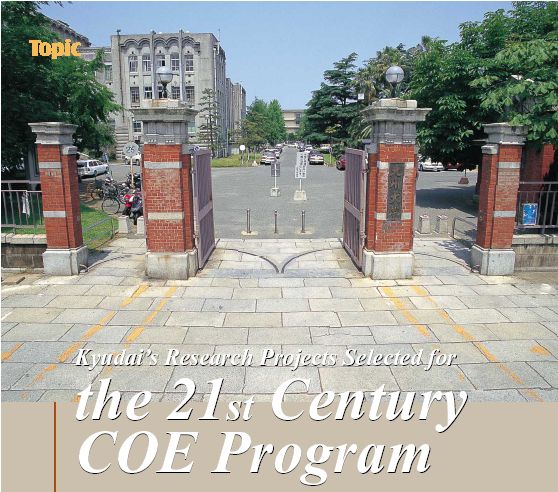
In FY 2002, the Ministry of Education, Culture, Sports, Science and Technology (MEXT) started a new program called "The 21st Century COE Program" to support research in universities. The program aims to form the 'Education and Research base' with the world's highest standards in each discipline. It also aims to develop Japan's human resources by producing individuals who will become future global leaders, and create unique universities with global competitiveness. 464 projects were applied for in 5 categories of research areas from Japanese national, public and private universities, and on September 30, the results of the screening were announced as follows;
- Life sciences: 28 projects
- Chemistry, material sciences: 21 projects
- Information sciences, electrical and electronic engineering: 20 projects
- Humanities: 20 projects
- Interdisciplinary, combined fields, new disciplines: 24 projects
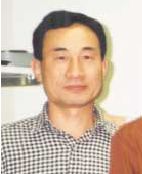
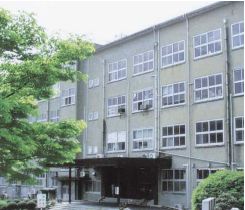 The explosive development of the life sciences in the 20th century has made it possible to understand biological phenomena at the level of the "genome," "cell," "individual" and "population" with common terms such as DNA. In addition, it becomes more likely that life is defined in an "integrated" system. Our program aims to re-organize the current life-science disciplines, establish a top-grade reputed center of "integrative life sciences," and educate and produce many talented students. We will promote the program more efficiently by setting up the COE council, positioned over the newly organized research disciplines. The COE council takes the responsibilities to direct the program as a whole by integrating respective plans, such as the construction of the infra-facilities and the implementation of the inter-disciplinary collaborative research projects and educational courses. One of our goals in the 5-year program also includes the unification with other graduate programs, such as an application-oriented graduate program on our campus.
The explosive development of the life sciences in the 20th century has made it possible to understand biological phenomena at the level of the "genome," "cell," "individual" and "population" with common terms such as DNA. In addition, it becomes more likely that life is defined in an "integrated" system. Our program aims to re-organize the current life-science disciplines, establish a top-grade reputed center of "integrative life sciences," and educate and produce many talented students. We will promote the program more efficiently by setting up the COE council, positioned over the newly organized research disciplines. The COE council takes the responsibilities to direct the program as a whole by integrating respective plans, such as the construction of the infra-facilities and the implementation of the inter-disciplinary collaborative research projects and educational courses. One of our goals in the 5-year program also includes the unification with other graduate programs, such as an application-oriented graduate program on our campus.
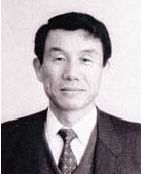
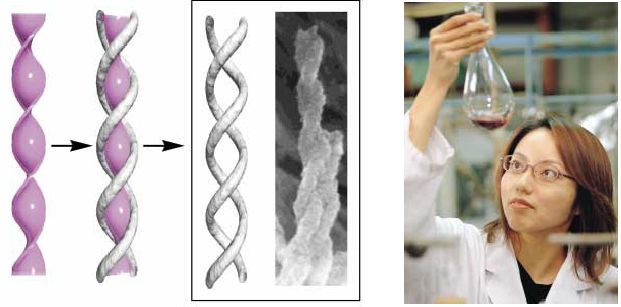 The development of new materials and molecules is essential for chemical and materials research, and new molecules greatly promote scientific and technological innovation in many fields. The division of applied chemistry and the related groups in Kyushu University have already accomplished excellent research in the chemistry of sophisticated molecular materials. Building on these foundations, this program attempts to create a new science of "molecular informatics" which is a key concept for the generation of artificial molecular intelligence and molecular robotics in the 21st century.
The development of new materials and molecules is essential for chemical and materials research, and new molecules greatly promote scientific and technological innovation in many fields. The division of applied chemistry and the related groups in Kyushu University have already accomplished excellent research in the chemistry of sophisticated molecular materials. Building on these foundations, this program attempts to create a new science of "molecular informatics" which is a key concept for the generation of artificial molecular intelligence and molecular robotics in the 21st century.
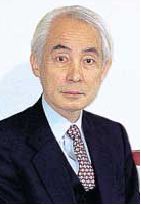
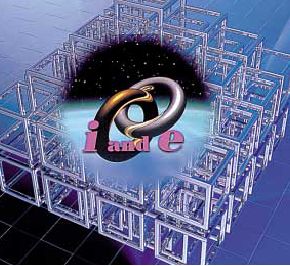
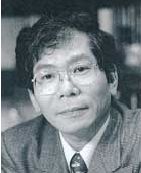
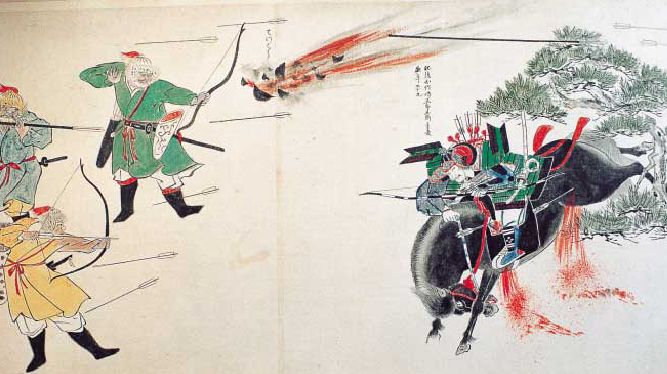 The project investigates interaction and the formation of the identities of various types and scales in East Asia by examining the process through which regional units in East Asia, Japanese archipelago amongst the others, interacted and mutually transformed. The task will be undertaken as an interdisciplinary enterprise by a term of specialists in Japanese History, Asian History, Korean History, Archaeology, Japanese Language and Literature. A significant objective of the project is to contribute to the re-identification of the position of Japan among the Asian countries in the globalized world.
The project investigates interaction and the formation of the identities of various types and scales in East Asia by examining the process through which regional units in East Asia, Japanese archipelago amongst the others, interacted and mutually transformed. The task will be undertaken as an interdisciplinary enterprise by a term of specialists in Japanese History, Asian History, Korean History, Archaeology, Japanese Language and Literature. A significant objective of the project is to contribute to the re-identification of the position of Japan among the Asian countries in the globalized world.